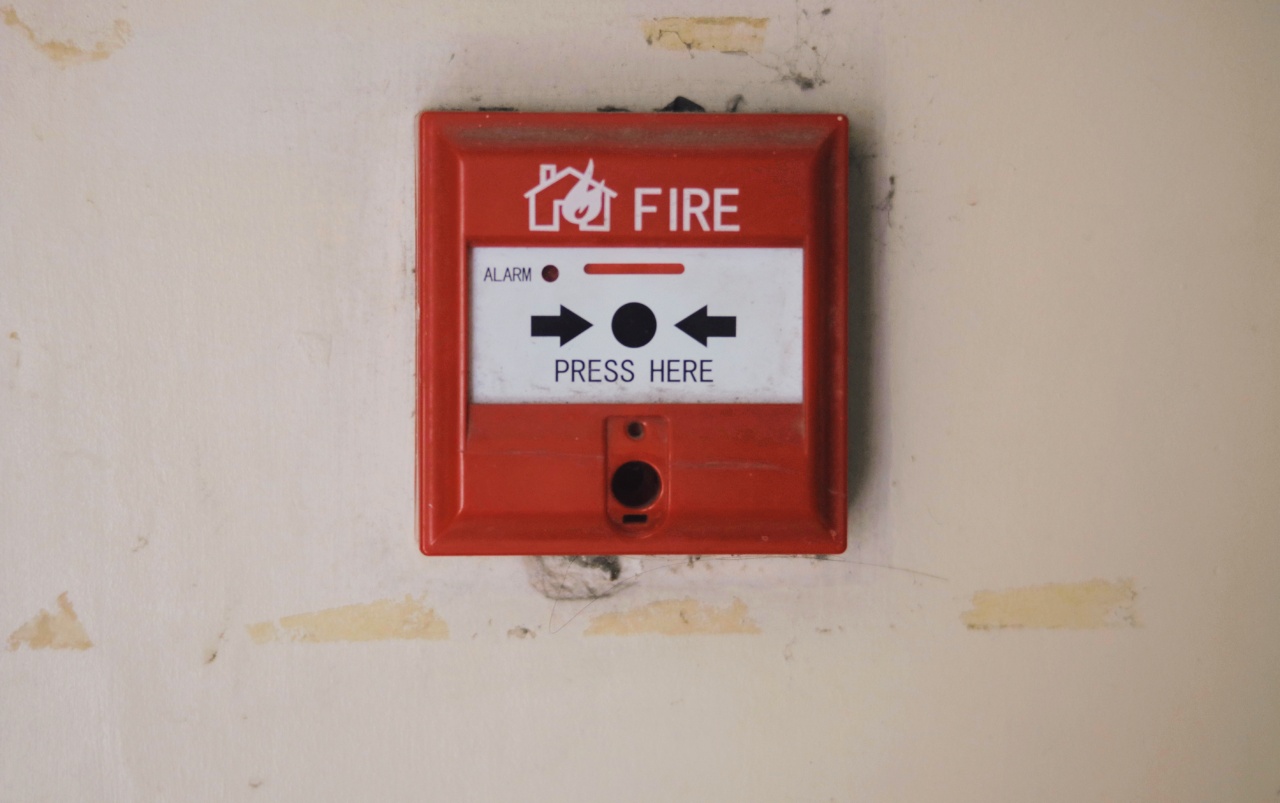The immune system is a complex network of cells, tissues, and organs playing an essential role in defending the body against infections, diseases, and harmful invaders.
A healthy immune system can recognize and eliminate these threats effectively, ensuring the body’s proper functioning.
However, various factors can weaken your immune system, leading to increased susceptibility to infections, diseases, and other health issues.
In this article, we’ll discuss the indications that suggest your immune system requires attention and how to boost it naturally.
Recurrent infections
If you frequently get colds, flu, or other infections, it can be a sign that your immune system is not functioning properly. A healthy immune system can detect and destroy pathogens as soon as they enter the body.
However, if your immune system is sluggish and weak, the pathogens can quickly multiply and cause infections.
Besides, recurring infections can indicate that your immune system is unable to remember the pathogens it has encountered before and produce antibodies to fight them off efficiently.
Chronic fatigue and low energy
Chronic fatigue and low energy are common complaints among people with weakened immune systems. Your immune system requires sufficient energy to function properly and defend the body against infections.
A weakened immune system can use too much energy to fight off infections and leave you feeling exhausted and drained.
Additionally, some autoimmune disorders can cause chronic fatigue and low energy by attacking the body’s own tissues and organs, leading to inflammation, pain, and other symptoms.
Slow wound healing
The immune system plays a crucial role in wound healing by releasing immune cells and growth factors to repair the damaged tissues and prevent infections.
If your immune system is weak, it can slow down the wound healing process and increase the risk of infections.
Moreover, chronic wounds that take longer than six weeks to heal can be a sign of an underlying immune system disorder, such as diabetes, lupus, or HIV.
Autoimmune disorders
Autoimmune disorders occur when the immune system mistakenly attacks the body’s own tissues, mistaking them for foreign invaders. These disorders can affect any part of the body, leading to inflammation, pain, and organ damage.
Some of the most common autoimmune disorders include rheumatoid arthritis, lupus, type 1 diabetes, multiple sclerosis, and psoriasis.
If you have an autoimmune disorder, your immune system requires attention, as it can be overactive and attack healthy tissues, leading to chronic inflammation and other health issues.
Allergies and asthma
Allergies and asthma occur when the immune system overreacts to harmless substances, such as pollen, dust mites, or pet dander. The immune system releases histamine and other chemicals that cause inflammation, swelling, and other symptoms.
If you have allergies or asthma, your immune system requires attention, as it can be hypersensitive and respond to stimuli that should be harmless.
Furthermore, chronic allergies and asthma can weaken the immune system, making you more susceptible to infections and other health problems.
GI problems
The gastrointestinal (GI) tract is home to trillions of bacteria and other microorganisms, collectively known as the microbiome.
The microbiome plays a crucial role in regulating the immune system, protecting against infections, and maintaining gut health.
If you have GI problems, such as diarrhea, constipation, bloating, or abdominal pain, it can be a sign that your immune system is not working correctly.
Imbalances in the microbiome can weaken the gut’s immune system and contribute to inflammation, infections, and other health problems.
Stress and anxiety
Stress and anxiety can have a significant impact on the immune system, affecting the production of immune cells, hormones, and other substances.
Chronic stress can weaken the immune system, making it more susceptible to infections and other health issues.
Furthermore, stress and anxiety can trigger inflammation, leading to various health problems, such as cardiovascular disease, diabetes, and cancer.
If you have stress and anxiety, finding ways to manage them is crucial for maintaining a healthy immune system.
Unhealthy lifestyle habits
Lifestyle habits, such as smoking, excessive alcohol consumption, poor diet, lack of exercise, and inadequate sleep, can weaken the immune system over time.
Smoking can impair the lung’s immune system and increase the risk of infections, such as pneumonia, bronchitis, and tuberculosis.
Excessive alcohol consumption can damage the liver’s immune system and increase the risk of hepatitis, cirrhosis, and other liver diseases.
Poor diet, lack of exercise, and inadequate sleep can also weaken the immune system by reducing the production of immune cells, hormones, and other substances necessary for fighting off infections and other health issues.
Aging
Aging is a natural process that can weaken the immune system over time, leading to increased susceptibility to infections, diseases, and other health problems.
The thymus, a gland in the chest that produces T cells, important immune cells that defend the body against viruses and other pathogens, gradually shrinks with age.
Additionally, aging can reduce the production of other immune cells and substances, leading to a weakened immune system.
Conclusion
A healthy immune system is essential for maintaining overall health and well-being.
Indications that your immune system requires attention include recurrent infections, chronic fatigue, slow wound healing, autoimmune disorders, allergies, asthma, GI problems, stress and anxiety, unhealthy lifestyle habits, and aging.
To boost your immune system naturally, focus on a healthy lifestyle, including a balanced diet, regular exercise, adequate sleep, stress management, and avoiding unhealthy habits, such as smoking and excessive alcohol consumption.































